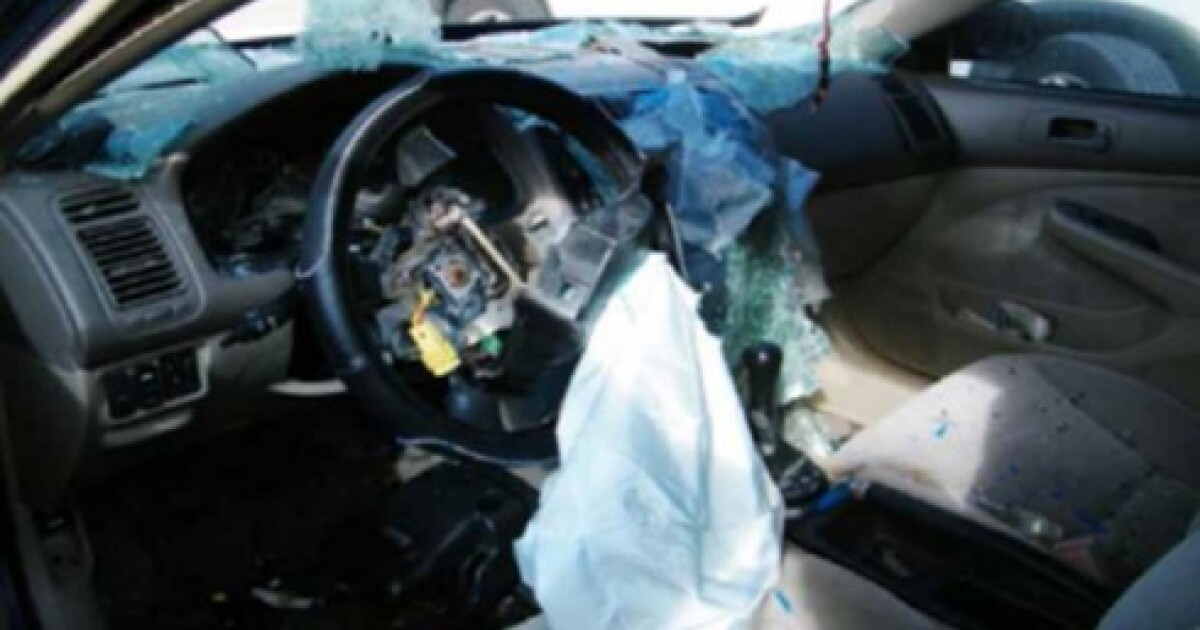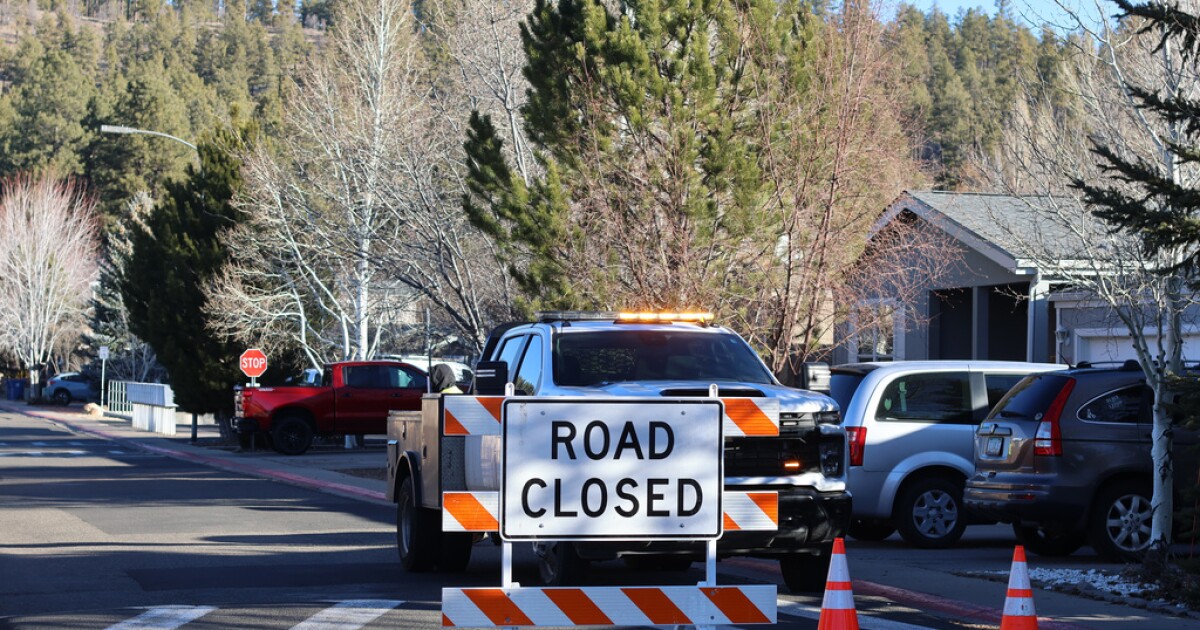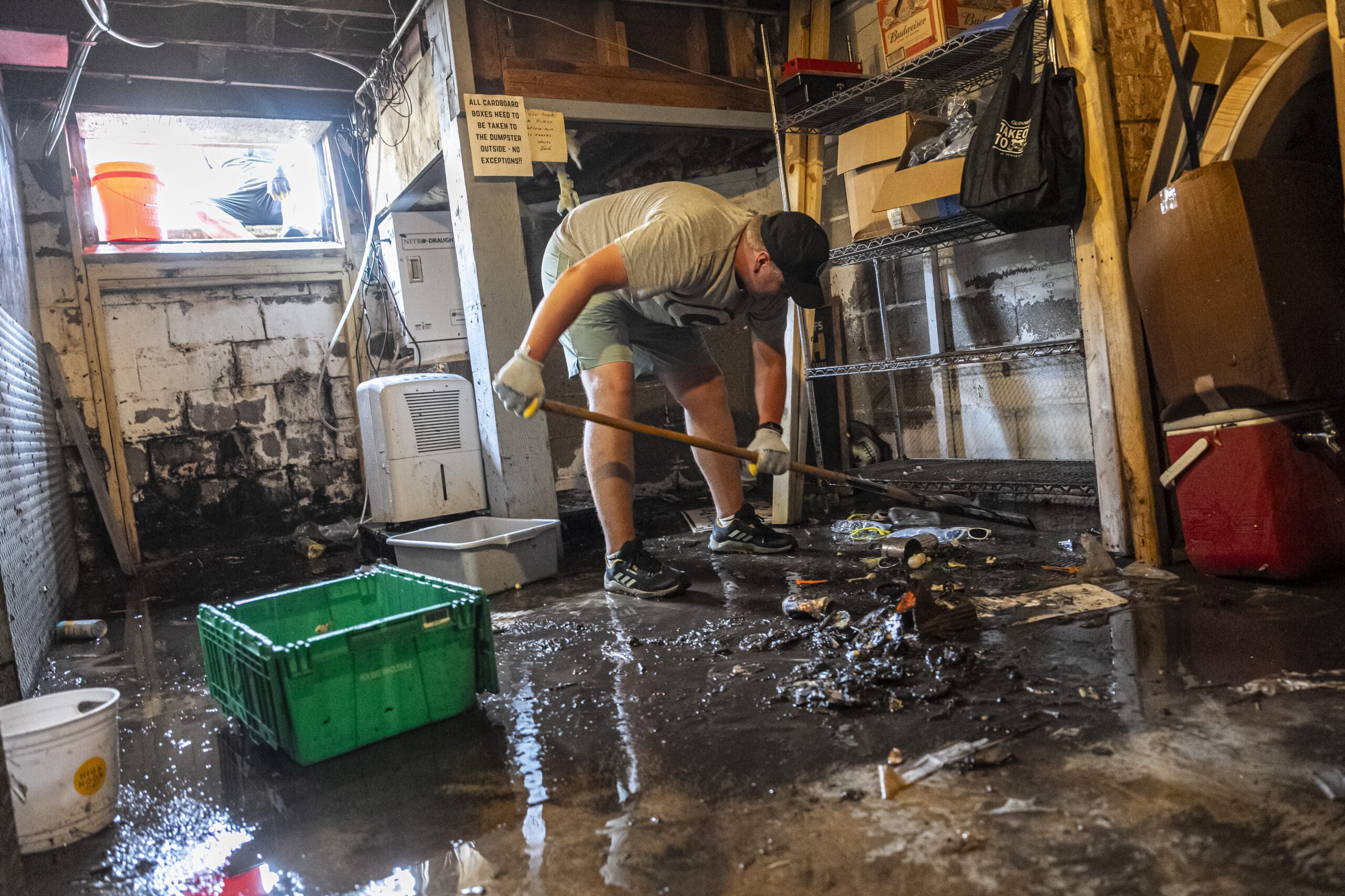In a move that has stirred significant debate, President Donald Trump has officially nullified California’s groundbreaking legislation aimed at halting the sale of new gas-powered vehicles by 2035. This action, led by Michigan Republican Representative John James, underscores a protective stance toward Michigan’s influential auto industry, with Democratic Senator Elissa Slotkin notably crossing party lines to support the measure.
California, known for its stringent environmental policies, swiftly responded by announcing a legal challenge. The state’s attorney general, Rob Bonta, criticized the federal government’s decision as “irrational and wildly partisan,” emphasizing the potential health repercussions for Californians. The legal battle adds to the already tense relations between Trump’s administration and California, marked by disputes over tariffs, LGBTQ+ rights, and funding for electric vehicle infrastructure.
The resolution, previously approved by Congress, aims to overturn California’s ambitious environmental standards. It also seeks to nullify mandates reducing tailpipe emissions and phasing out medium- and heavy-duty diesel vehicles. At a White House event, Trump dismissed California’s regulations as “crazy” and detrimental to the country, while also expressing skepticism about the reliability of electric vehicles despite praising Tesla, owned by Elon Musk.
“It’s been a disaster for this country,” Trump said during the signing ceremony.
This federal intervention has sparked a broader debate about state rights versus federal oversight. California’s legislation had set a precedent, with about a dozen states ready to adopt similar measures. However, Trump’s action has ignited concerns about the future of environmental regulations in the U.S.
Supporters of the resolution, such as Bill Kent of Kent Kwik convenience stores, argue that California’s rules impose undue financial burdens without tangible returns. Meanwhile, the Alliance for Automotive Innovation, representing major automakers, hailed Trump’s decision, describing the EV mandates as “wildly unrealistic.”
On the opposing side, California Governor Gavin Newsom condemned Trump’s move, asserting it as an “all-out assault” on the state’s clean air initiatives and competitiveness. Newsom further declared plans to strengthen California’s environmental standards if the courts uphold the state’s authority.
“We are suing to stop this latest illegal action by a President who is a wholly-owned subsidiary of big polluters,” Newsom stated.
This development is part of a broader pattern of the Trump administration’s efforts to roll back environmental protections, including recent proposals to repeal limits on greenhouse gas emissions from coal and natural gas power plants.
The resolution’s impact on California, which accounts for roughly 11% of the U.S. car market, could have significant implications for the national auto industry. However, legal experts question the resolution’s legitimacy, citing a U.S. Government Accountability Office finding that California’s standards cannot be legally blocked through the Congressional Review Act.
—
Read More Michigan News









